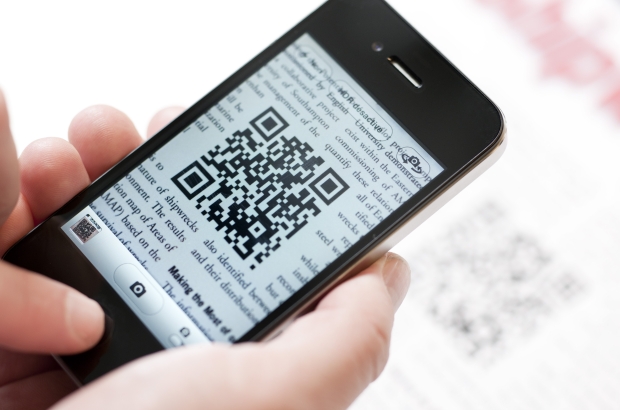- Daily & Weekly newsletters
- Buy & download The Bulletin
- Comment on our articles
Belgium warns about scam involving fake QR codes
Belgium’s federal economy ministry is warning people to beware of a scam involving the distribution of fake QR codes via e-mails, text messages or WhatsApp messages, which send users to phishing websites.
The messages appear to come from official bodies and the recipient is asked to pay a fine or a (fictitious) bill. When victims scan the QR code, they are taken to phishing sites or asked to make a payment.
QR codes can also be used to try to install malware on victims' computers, in order to steal personal data such as bank details.
Such scams, called "quishing", first became commonplace in 2023.
“Fraudsters are following current trends and are also using artificial intelligence,” the economy ministry warned, explaining that scammers use AI to draft misleading messages.
“This enables them to write better quality messages in an even more professional manner, which makes them more difficult to detect.”
The government said fraudsters use the stolen data for social engineering, “a fraudulent practice designed to approach you even more personally and increase the chances of success of the scam”.
The number of reports of phishing scams in which the victim claimed to have lost money fell in 2023, with a total of 597 reports recorded compared to 1,059 in 2022.
The average loss reported by victims - which does not necessarily correspond to the actual financial loss - also fell from €4,678 to €4,080.
The economy ministry urges people to practice vigilance when faced with a suspicious message claiming to be from the government and check the sender's e-mail address, do not click anything suspicious and never pass on personal or banking details.
Photo: Belga



















